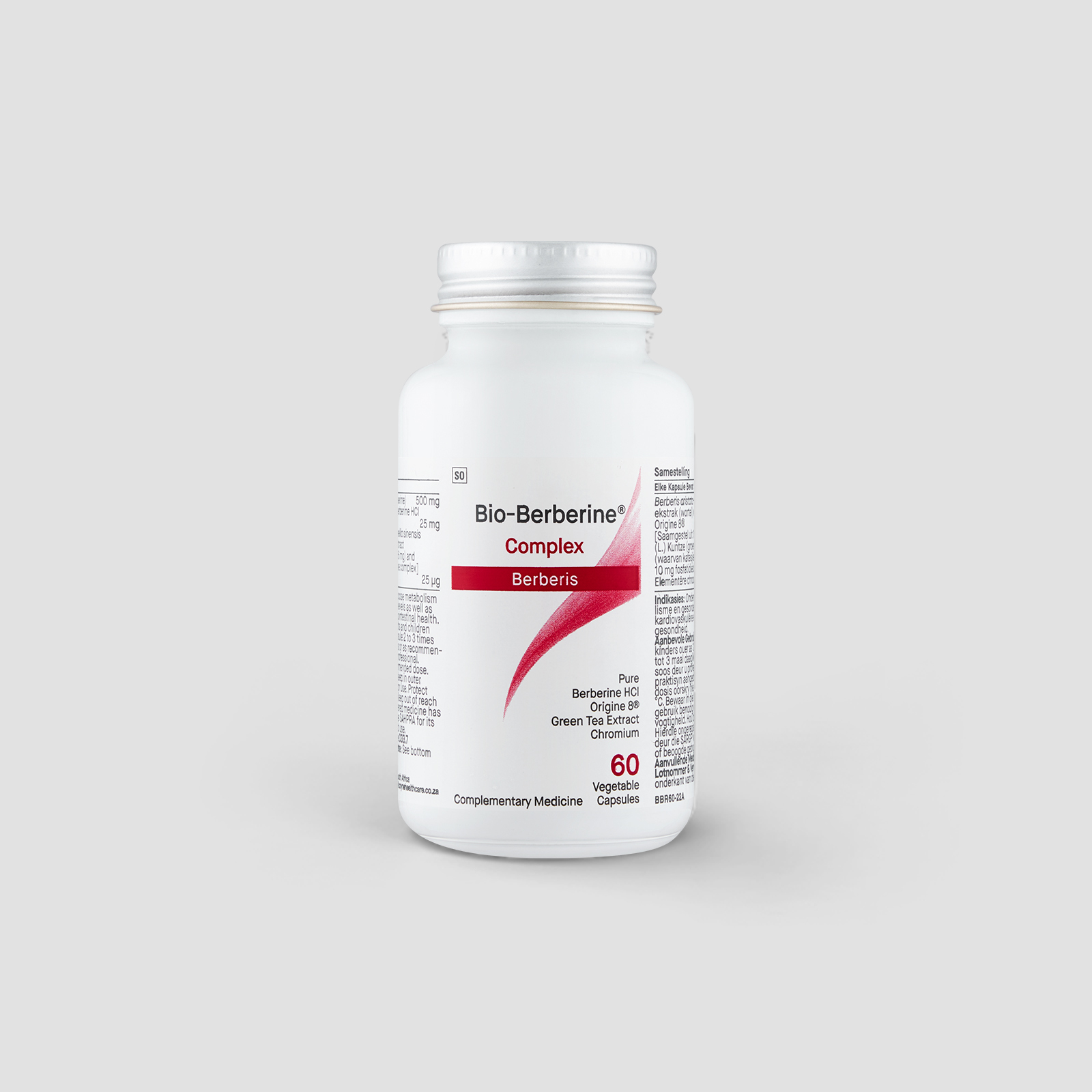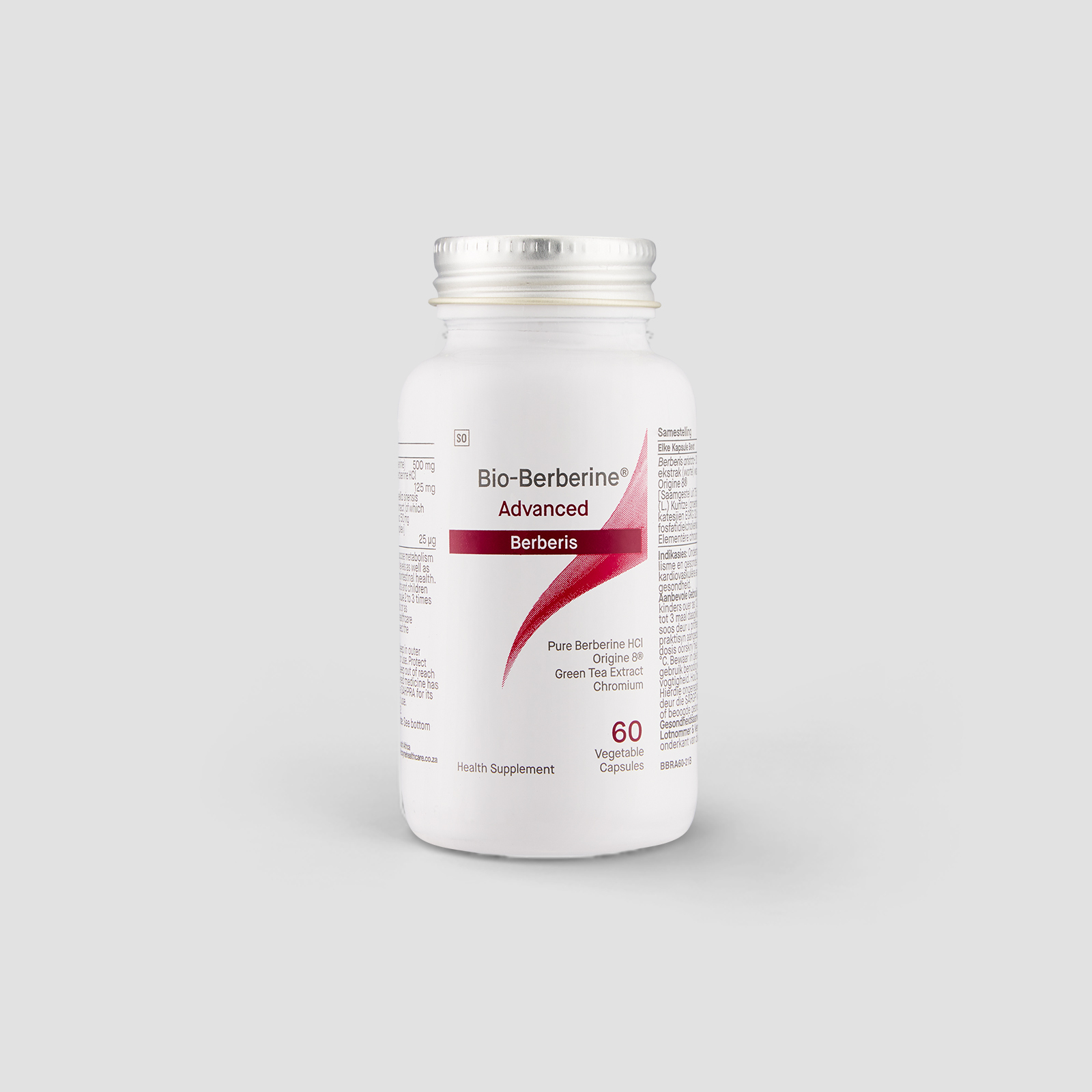I first learned about Berberine while studying herbal medicine – when we were taught about Goldenseal, Barberry and Tree turmeric and how to use these medicinal plants for all kinds of stomach upsets because they contained high quantities of Berberine. This was long before more recent studies started revealing that Berberine is also a potent metabolic balancer – something it is becoming increasingly famous for.
Throughout history and across the continents, Berberine-containing herbal medicines have been used to heal our digestive systems. In Traditional Western herbal medicine, Berberine-containing plants have been used for all kinds of digestive disorders including peptic ulcers, gastritis & colitis. Native Americans used Berberine-containing herbs for liver and stomach disorders. It was even an official medicine in the US Pharmacopoeia from 1831-1842 and again from 1863-1936, where its use was described as “reducing inflammation of the membranes that line your gut and as a general digestive tonic” (Vogel, 1982).
In Ayurveda, the traditional medicine of India, Berberine-containing plants were used to treat haemorrhoids, indigestion, and dysentery, while in Asian traditions the use of Berberine to heal digestion dates back 3000 years (Neag, et al).
The benefits of Berberine for digestive health
The beneficial effects of Berberine for digestive health can be divided into three broad categories, stimulating digestion, reducing gastrointestinal inflammation, and regulating the gut microbiome. Each one of these beneficial effects impacts the other, working together to act on the multifaceted digestive system.
Stimulate digestion
To elaborate on each point further, how can Berberine stimulate digestion? Berberine is an extremely bitter alkaloid, and bitters stimulate digestion. Tasting the bitters is ideal, but thankfully our gastrointestinal tract also contains bitter taste receptors that can detect bitter plant components (Behrens, 2011) such as the alkaloid Berberine.
The result is an increase in enzyme production, bile production and digestive mixing, and overall improved digestion. Poor breakdown of foods generally leads to gastrointestinal inflammation, the development of food intolerances and can cause bacterial or yeast overgrowth; so, improving the breakdown of foods is essential to good gut health.
Reduce intestinal inflammation
Secondly, how does Berberine reduce intestinal inflammation? In two ways, actually: it has been shown to reduce cellular signals that cause inflammation; and it enhances the amount of beneficial bacteria that produce short-chain fatty acids which are protective and help to reduce inflammation (Zhang et al).
Improve your gut health
Thirdly, how does Berberine regulate the gut microbiome? The gut microbiome refers to the complex combination and balance of various microbes that thrive in our digestive tract, these microbes are called probiotics because they are essential to our good health. When there are too many “bad” bacteria or yeasts and not quite enough of the good ones, we have gut dysbiosis.
Berberine can help with dysbiosis because it is a direct antibiotic to some of the bad bacteria, like E. coli, Streptococcus agalactiae, Staph. aureus, Clostridium difficile and even the yeast Candida albicans (Hao, et al). When these “bad” microbes are kept in check it allows the “good” bacteria to flourish. Berberine has also been shown to have beneficial effects on good bacteria such as Bifidobacterium adolescentis and Lactobacillus acidophilus (Chen et al). Animal study demonstrated that the integrity of the intestinal barrier improved because of the effects of Berberine on the gut microbiome (Hao, et al).
All in all, it is increasingly safe to say that Berberine acts in multiple ways to support our digestive health, enhance digestive secretions to promote the breakdown of foods, reduce inflammation, and even balance the microbes that live in our gut. Our digestive systems have a lot to be thankful for when it comes to Berberine!
Cobus Botha – Natural Health Expert




